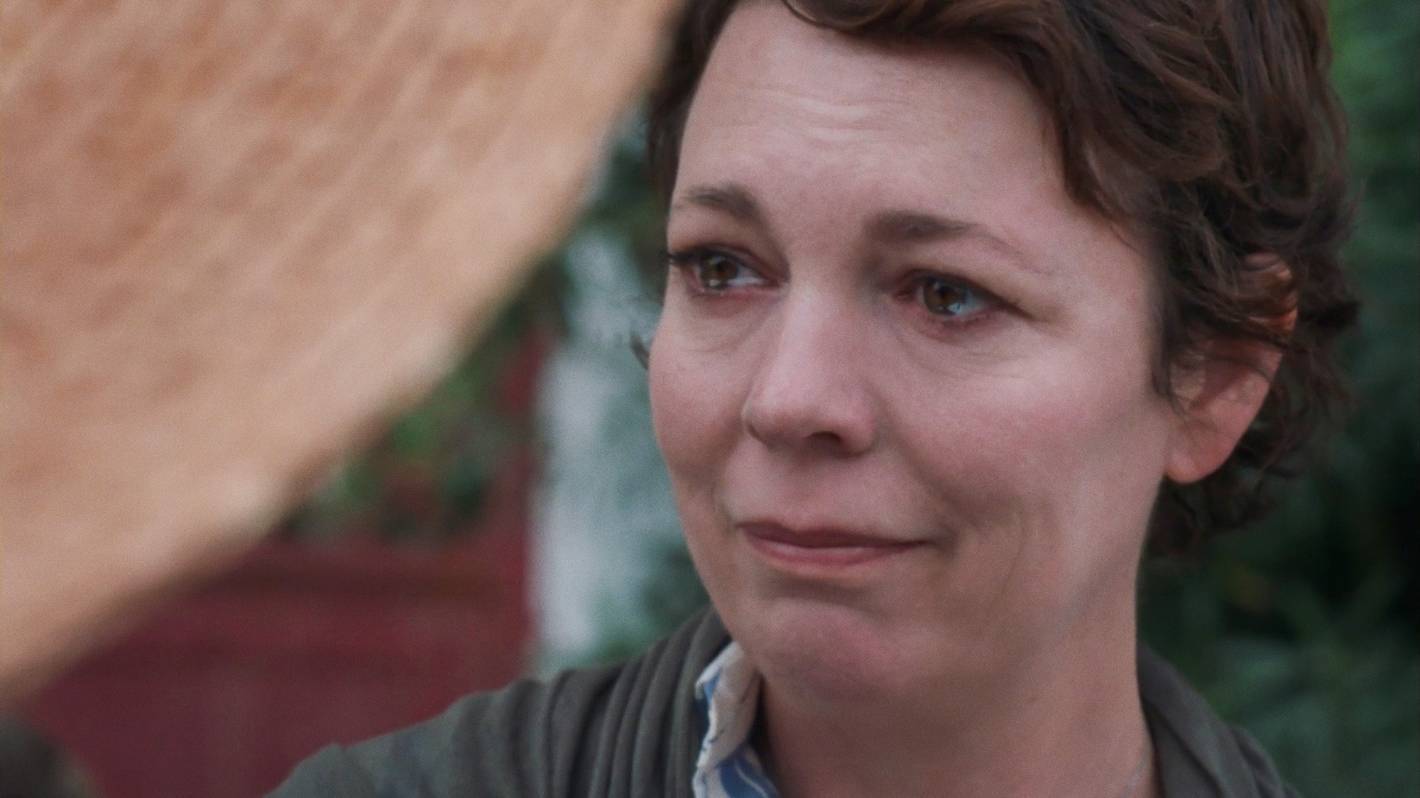
The Frictionless Charms of the Ferrante Cinematic Universe
NOTE: This article is a republication- Source: The New Yorker (by Katy Waldman).
Since the early twenty-tens, Elena Ferrante’s work has had a sirenic effect on adult women who identify as complicated and brainy. “The Lying Life of Adults,” a new Netflix show, is the latest evidence of her lasting cultural impact. Starring Valeria Golino and Giordana Marengo, the series adapts Ferrante’s 2019 novel of the same name, about a teen-age girl, Giannì, who is caught between the elegant Naples of her parents and the grittier Naples symbolized by her estranged aunt, Vittoria. The Times reported that Ferrante herself was involved in writing the Netflix show, which joins two other cinematic translations of the pseudonymous Italian author. There is “The Lost Daughter,” from 2021, a witchy film directed by Maggie Gyllenhaal, and HBO’s “My Brilliant Friend,” which débuted in 2018 and is now in its third season. All three treatments are beautiful to look at, dotted with surreal touches, and self-consciously artificial, relying on devices like voice-over and flashback. None of them approximate the experience of reading Ferrante.
What is it like to read Ferrante? On the page, she is a singular phenomenon, almost claustrophobically inward and intense. Her novels unfold in the first person and, in M.F.A. parlance, they “tell” rather than “show,” constructing a tissue of thoughts, memories, and fantasies. Here is Giannì, the narrator of “The Lying Life of Adults,” spiralling during a dinner party:
Maybe my parents weren’t having fun like Angela and Ida’s because I had made them sad. Their friends were happy with their daughters, while they were no longer happy with me. I was grim, grim, grim, and just seeing me there at the table kept them from feeling happy. How serious my mother was and how pretty and happy Angela and Ida’s mother . . .
To read the full article click here